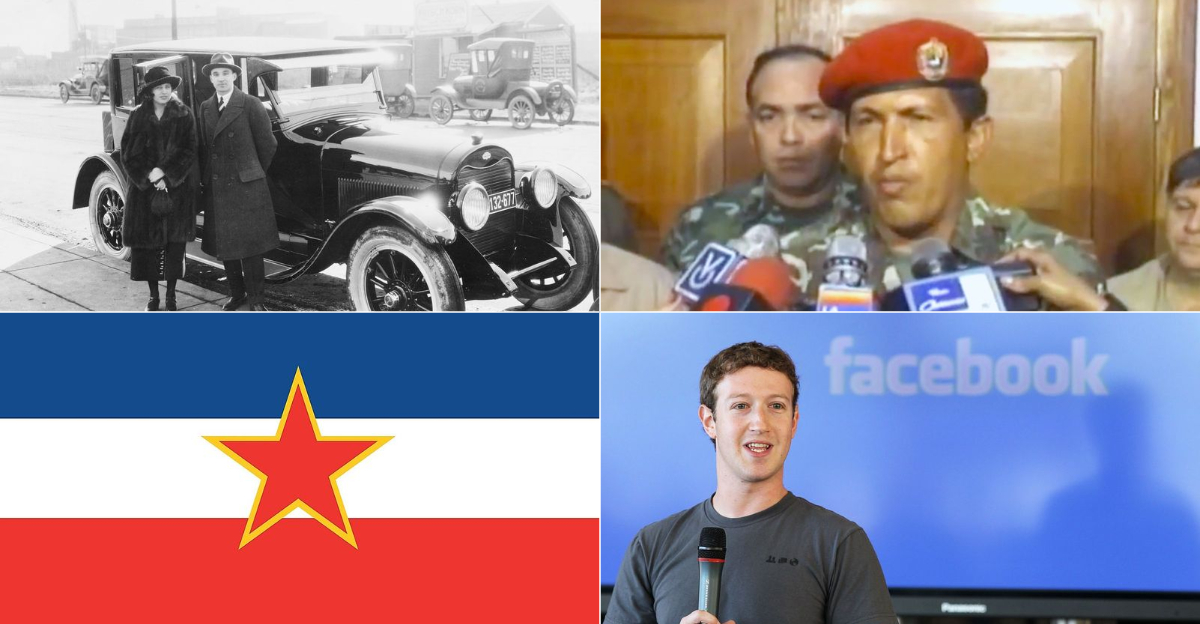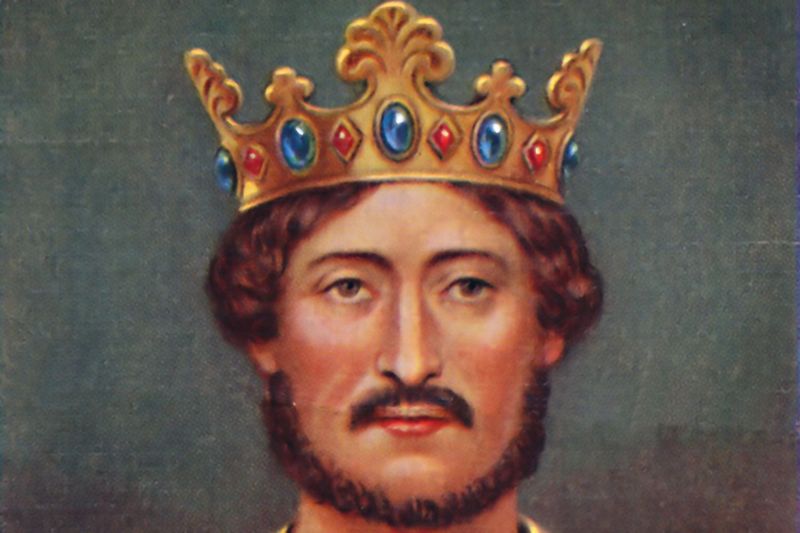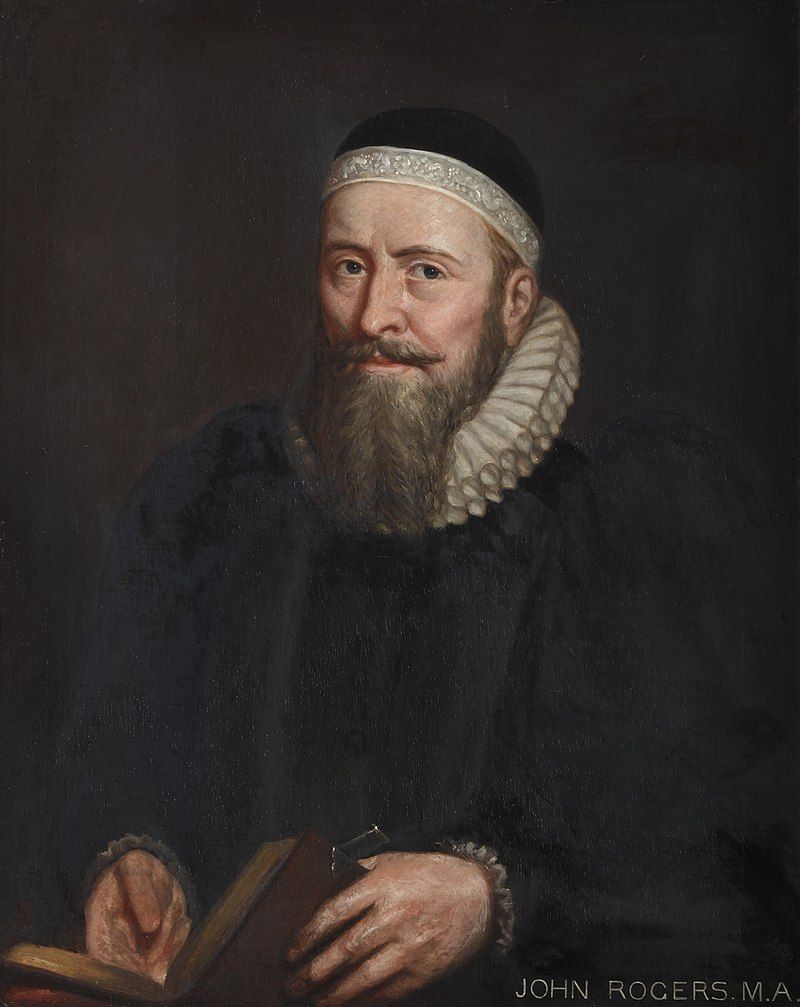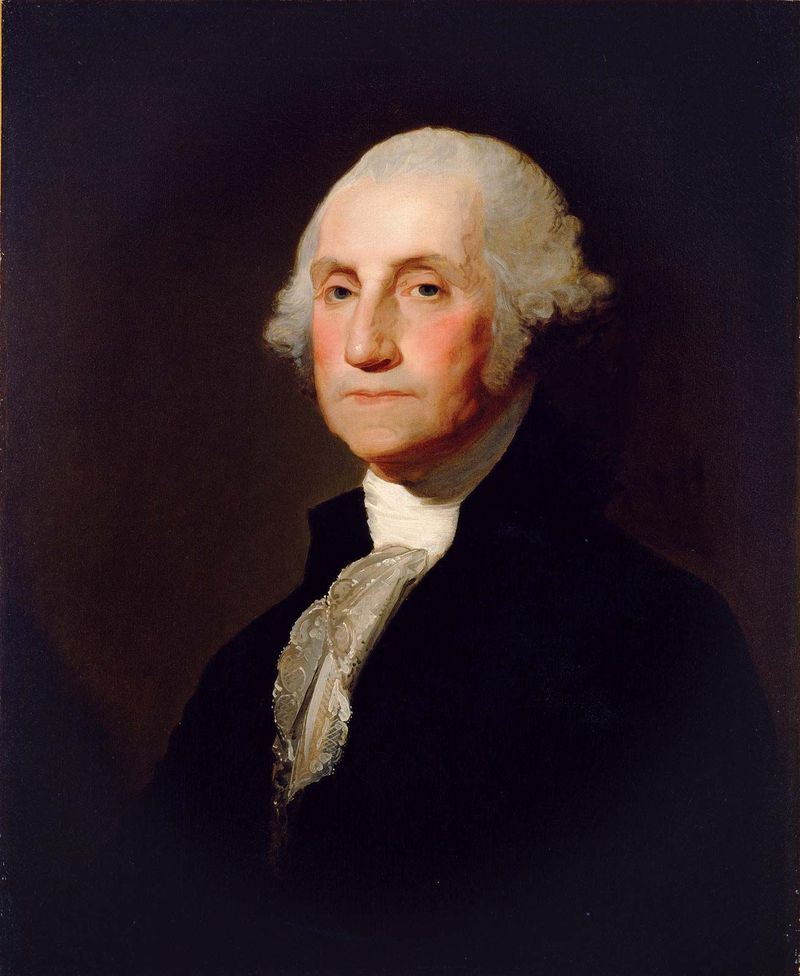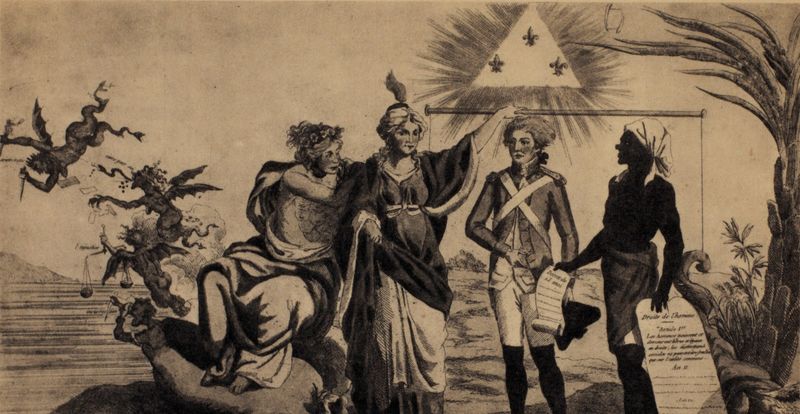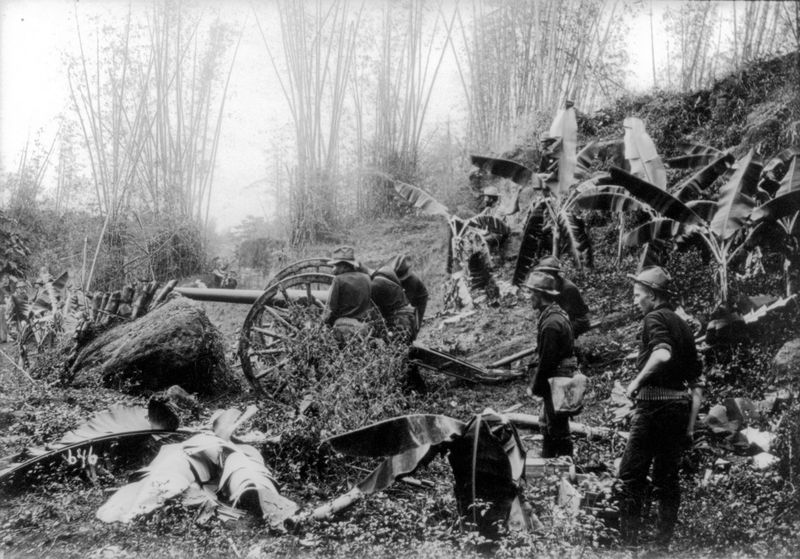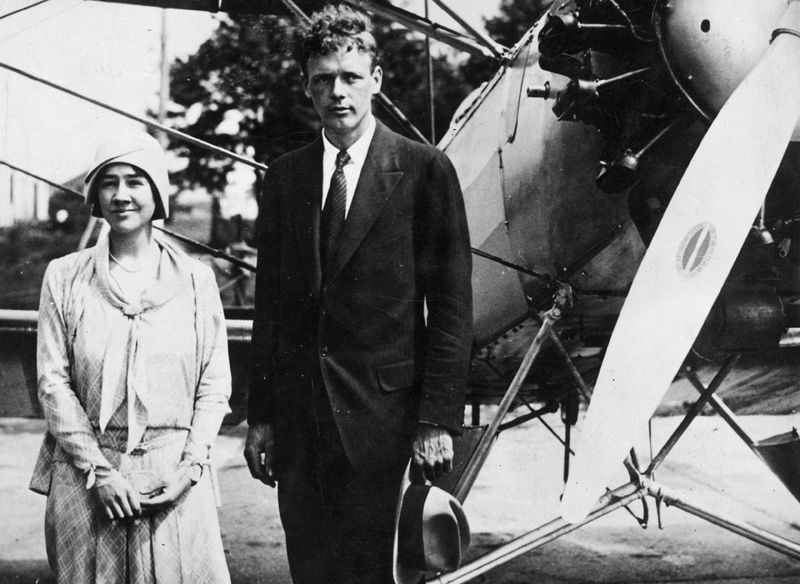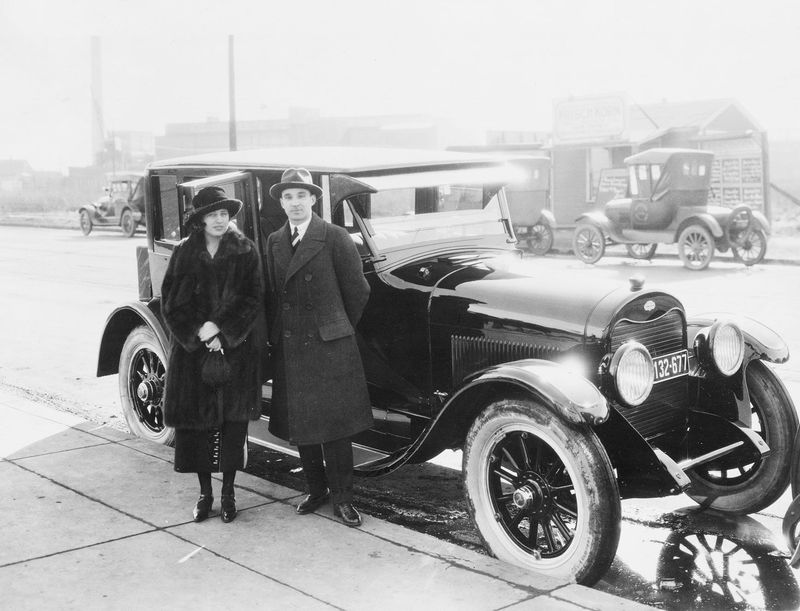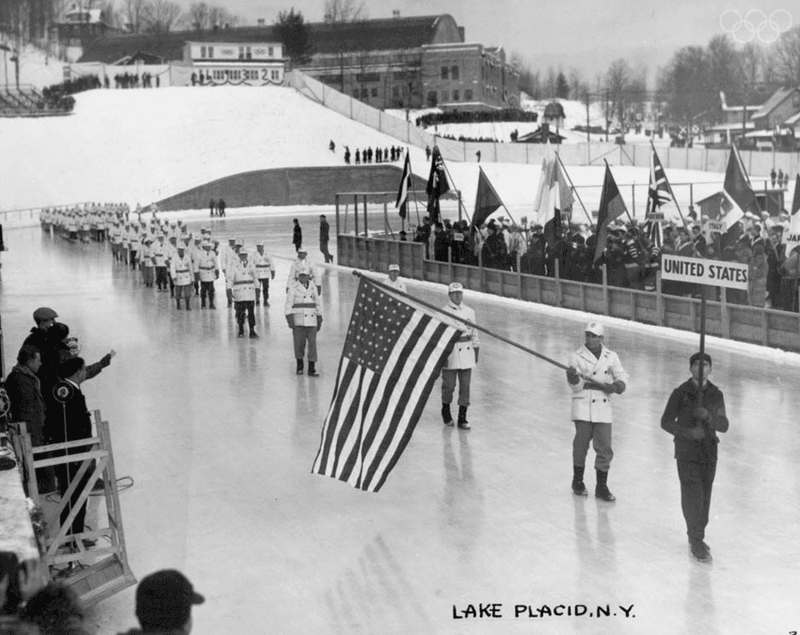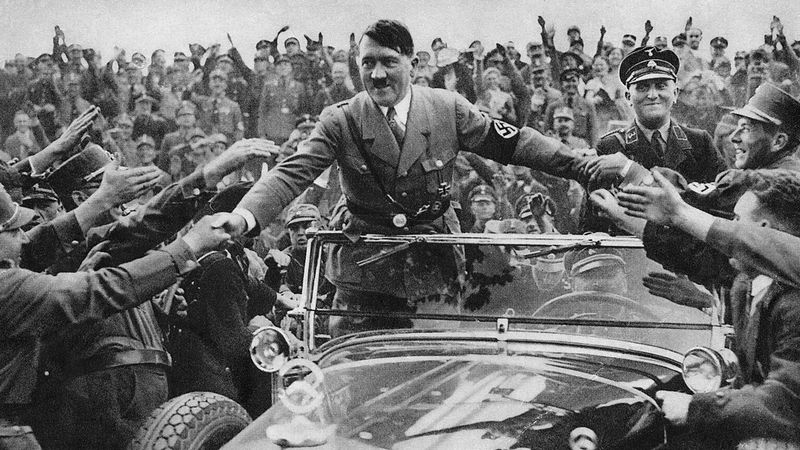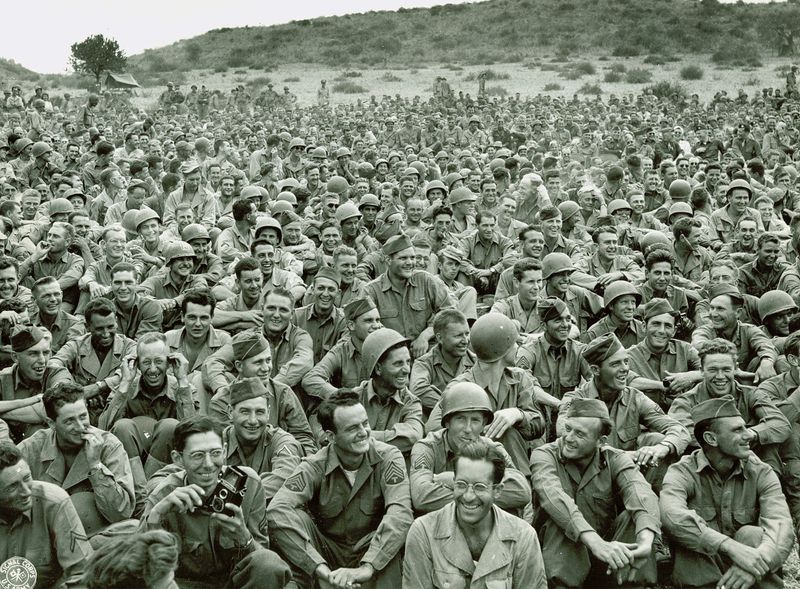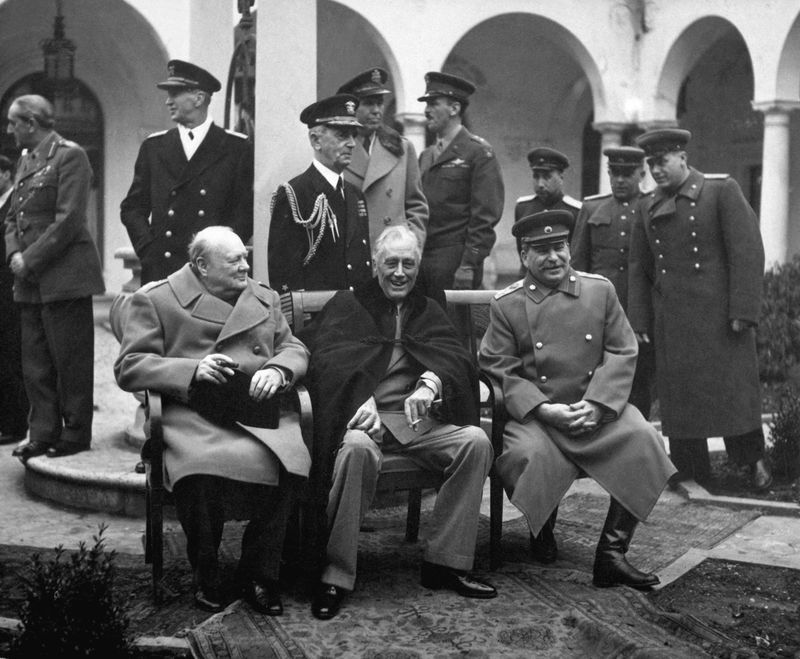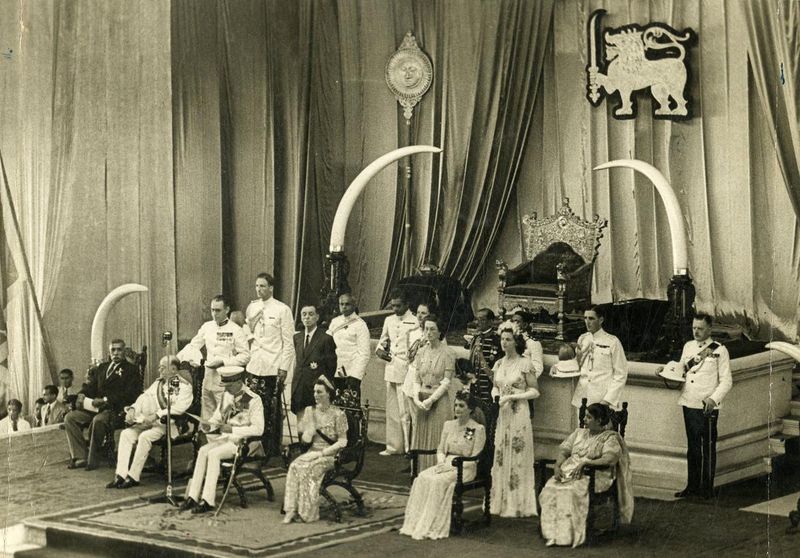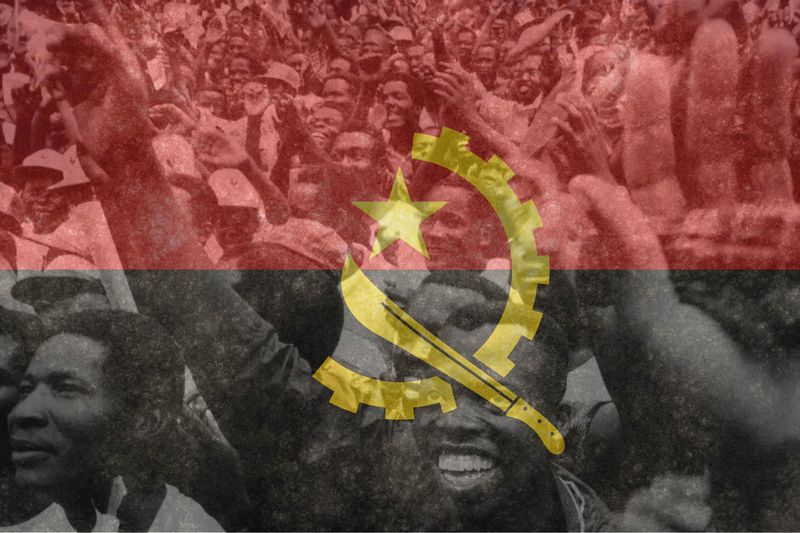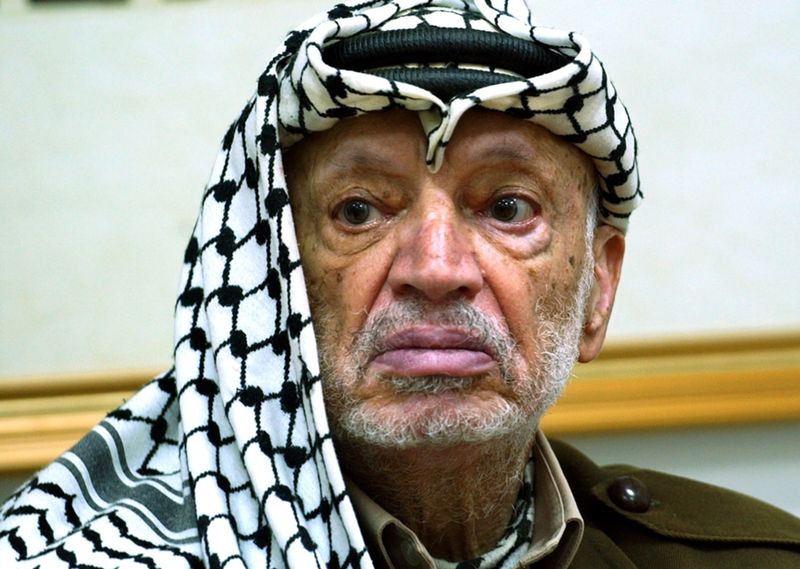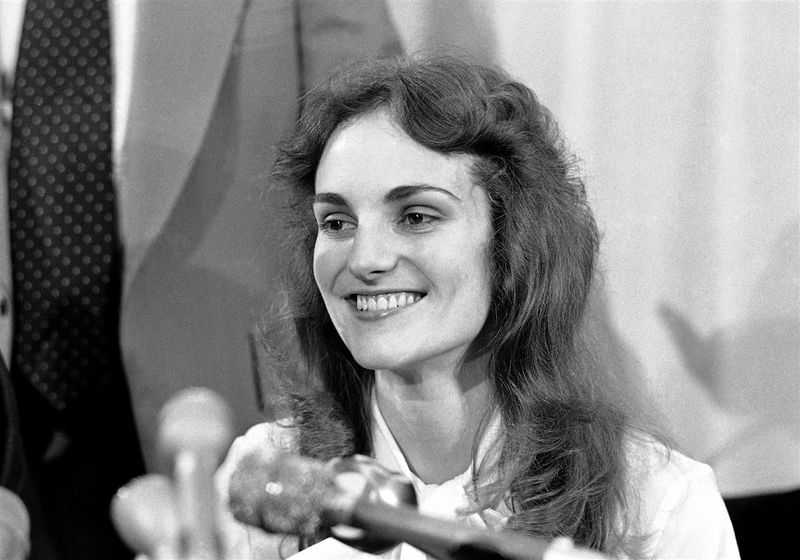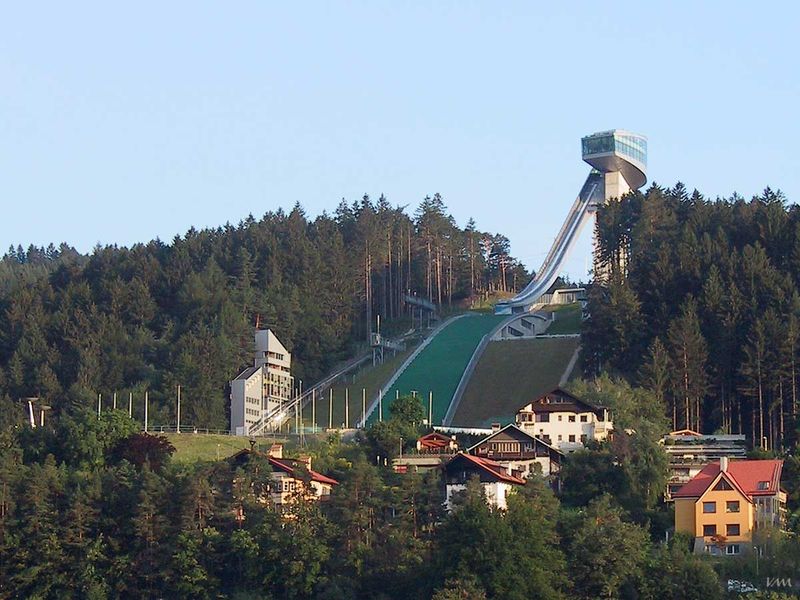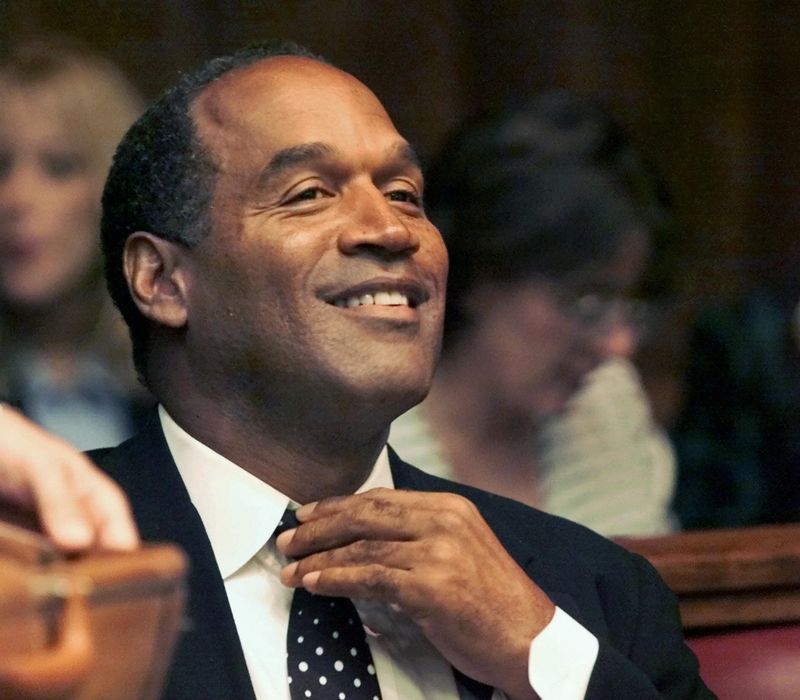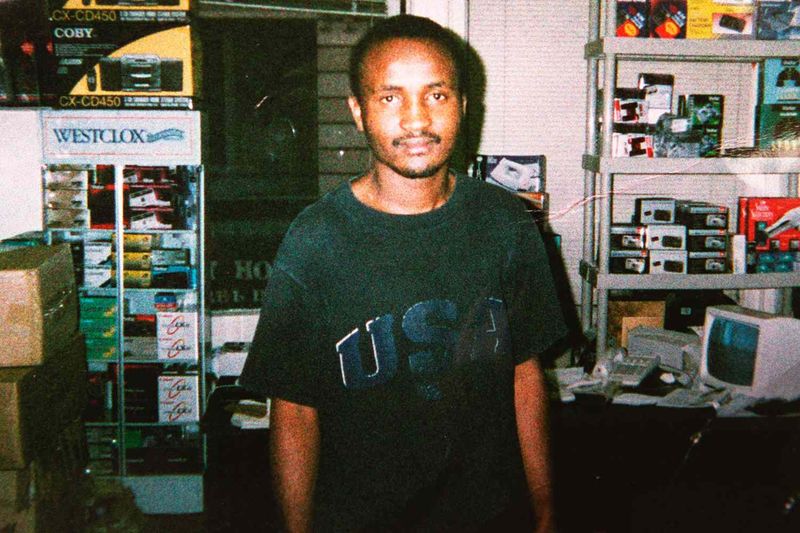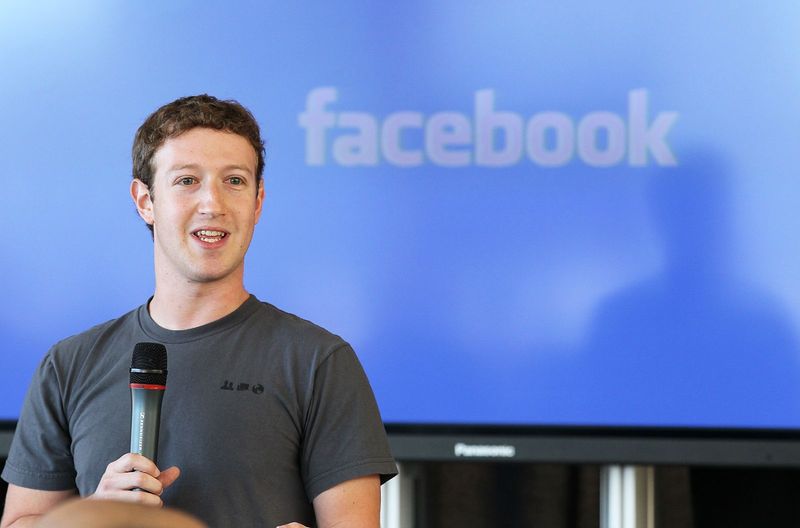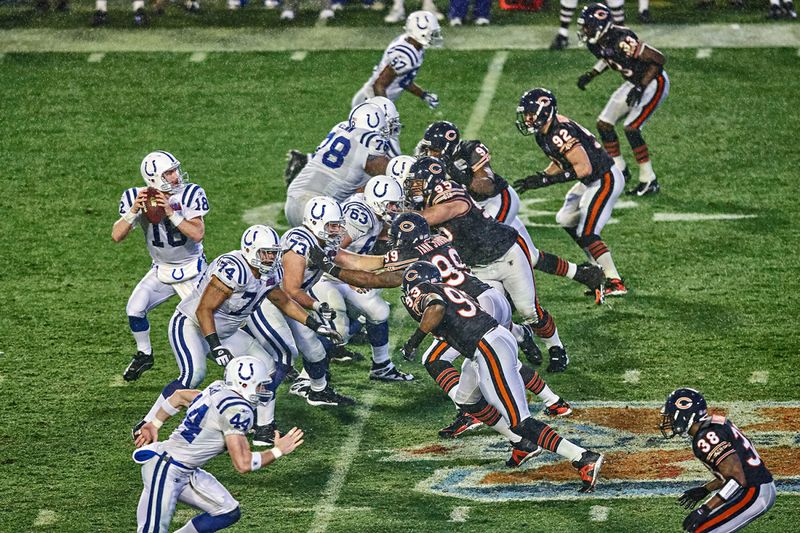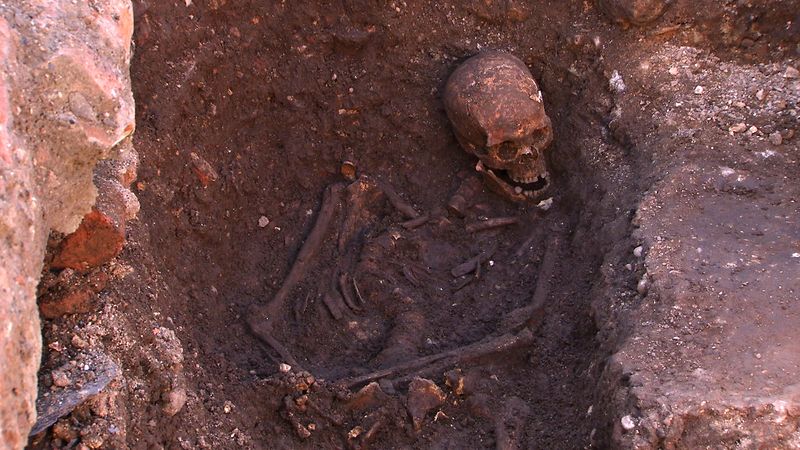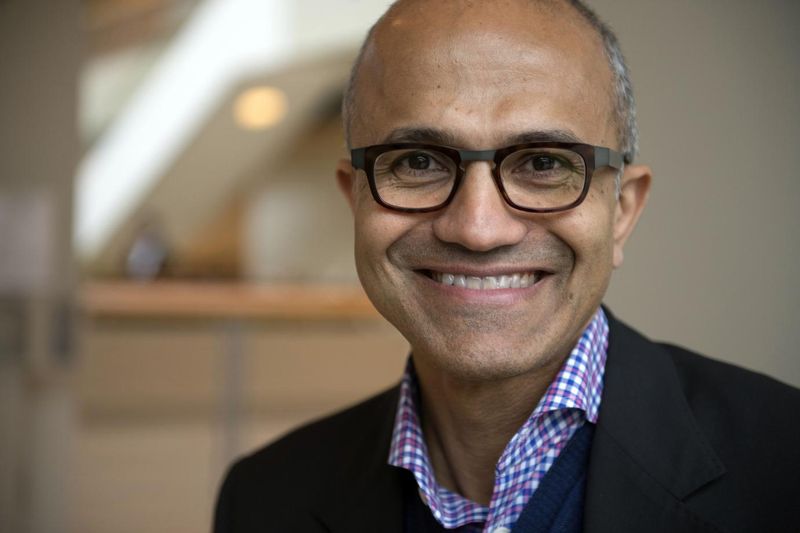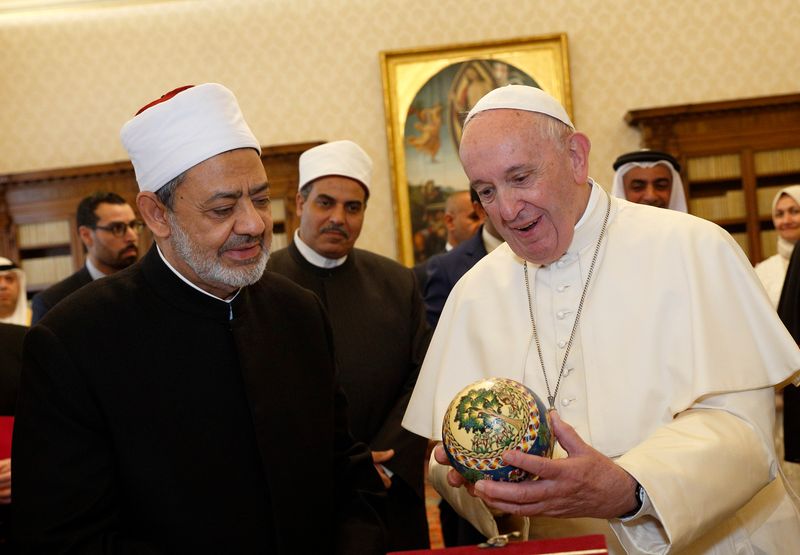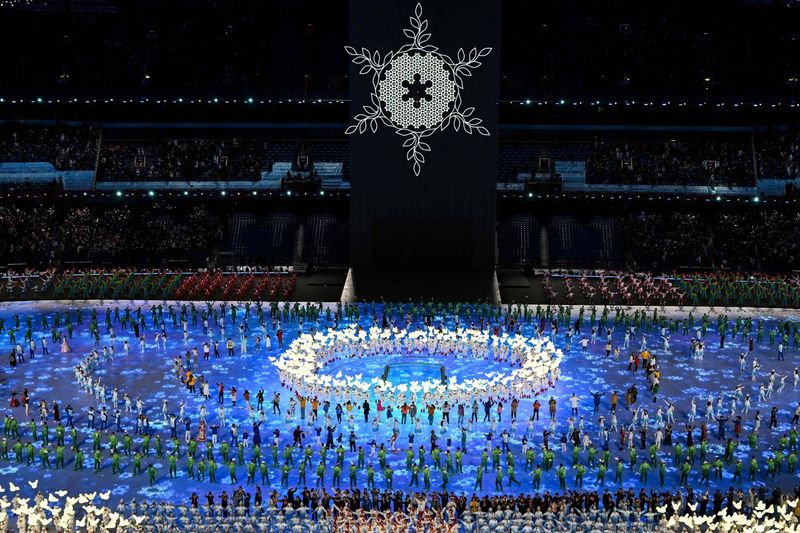February 4 is a date filled with remarkable events that have left indelible marks on history. From political milestones to groundbreaking achievements in various fields, each moment resonates through time, shaping the world as we know it today.
Join us as we explore 30 extraordinary moments that took place on this significant date, each with its own unique story and impact.
1. 1194 – King Richard I freed from captivity in Germany
King Richard I, commonly known as Richard the Lionheart, was released from captivity in Germany on this day in 1194. This moment marked a turning point in English history as the valiant king returned to reclaim his throne.
After being captured by Duke Leopold of Austria, Richard was imprisoned until a hefty ransom was paid. This event is famous for the enormous sum demanded and the dramatic political negotiations involved.
Richard’s release was celebrated in England, as many feared the consequences of his prolonged absence. His return reinvigorated the monarchy, bringing stability back to a country that desperately needed it.
2. 1555 – John Rogers becomes the first English Protestant martyr under Mary I
On February 4, 1555, John Rogers became the first English Protestant martyr under the reign of Mary I, also known as Bloody Mary. Rogers, a clergyman and biblical translator, was burned at the stake for his religious beliefs.
His execution marked the beginning of Bloody Mary’s campaign to restore Catholicism in England. Despite the grim fate, Rogers’ martyrdom inspired subsequent generations of Protestants.
His courage and steadfastness in the face of persecution were immortalized in the Book of Martyrs. This event underscored the harsh realities of religious conflict and the profound impact it had on English society.
3. 1789 – George Washington is Unanimously Elected as the First U.S. President
On February 4, 1789, George Washington was elected as the first President of the United States. In a unanimous decision, the Electoral College entrusted Washington with leading the nascent nation.
His election symbolized unity and hope for a fledgling country that sought to define its identity on the world stage. Washington’s leadership was pivotal in setting the tone for future governance and democratic principles.
His presidency laid the foundation for a nation rooted in liberty and justice, and his legacy continues to inspire leaders worldwide. His election remains a cornerstone in American political history.
4. 1794 – France abolishes slavery in its colonies
On February 4, 1794, the French government abolished slavery in its colonies, a groundbreaking move during the height of the French Revolution. This decision was driven by revolutionary ideals of liberty and equality.
It aimed to dismantle the inhumane practice of slavery across French territories. While the decree was initially undermined by local resistance and economic interests, it was a bold statement against oppression.
The abolition, however, was short-lived as Napoleon reinstated slavery in 1802. Despite this, the 1794 decree remains a significant milestone that inspired future abolitionist movements and demonstrated the powerful influence of revolutionary ideals.
5. 1899 – The Philippine-American War Begins
February 4, 1899, saw the eruption of the Philippine-American War, a conflict that arose from the struggle of Filipinos to gain independence from colonial rule. The war began with a skirmish between U.S. and Filipino forces near Manila, escalating into a full-scale conflict.
The war lasted until 1902, leaving a lasting impact on both nations. It highlighted the complexities of imperialism and the quest for self-determination.
The conflict also reshaped U.S. foreign policy and had profound implications for Philippine society, influencing its path towards eventual independence.
6. 1902 – Charles Lindbergh, Aviation Pioneer, is Born
On February 4, 1902, Charles Lindbergh was born, destined to become a pioneering figure in aviation history. His most celebrated achievement was the first solo nonstop transatlantic flight in 1927, aboard the Spirit of St. Louis.
Lindbergh’s daring journey from New York to Paris captured the world’s imagination, showcasing the possibilities of air travel.
His contributions to aviation extended beyond this flight, influencing aircraft design and promoting advancements in aviation technology.
Lindbergh’s legacy is a testament to human ingenuity and the relentless pursuit of exploration, inspiring generations of aviators.
7. 1913 – Rosa Parks, Civil Rights Icon, is Born
February 4, 1913, marked the birth of Rosa Parks, a central figure in the American civil rights movement. Known for her pivotal role in the Montgomery Bus Boycott, Parks’ act of defiance against racial segregation became a symbol of resistance and courage.
Her refusal to give up her seat to a white passenger in 1955 ignited a widespread movement against racial injustice. Parks’ steadfast determination and advocacy for equality left an indelible mark on society.
Her legacy continues to inspire those fighting for civil rights and justice worldwide, embodying the spirit of resilience.
8. 1922 – The Ford Motor Company Buys the Lincoln Motor Company
February 4, 1922, saw the Ford Motor Company’s acquisition of the Lincoln Motor Company, a strategic move to enhance its luxury vehicle offerings. Founded by Henry Leland, Lincoln was renowned for its high-quality automobiles.
The acquisition allowed Ford to enter the luxury car market, blending Lincoln’s craftsmanship with Ford’s mass production techniques. This integration paved the way for iconic models and solidified Ford’s position in the automotive industry.
The purchase of Lincoln remains a key moment in Ford’s history, reflecting its adaptability and forward-thinking approach to business expansion.
9. 1932 – The First Winter Olympics in the United States Open in Lake Placid
On February 4, 1932, Lake Placid, New York, hosted the first Winter Olympics held in the United States. This event brought together athletes from 17 nations to compete in winter sports, amid the scenic Adirondack Mountains.
Despite the challenges of the Great Depression, the games fostered international camaraderie and showcased the spirit of competition. The 1932 Winter Olympics contributed to the growth of winter sports in America and set a precedent for future events.
The games remain a celebrated chapter in Olympic history, highlighting the power of sports to unite people.
10. 1938 – Adolf Hitler seizes control of the German military
On this day in 1938, Adolf Hitler consolidated his power by taking control of the German military. This maneuver marked a crucial step in his quest for absolute authority.
By removing top military officials and assuming direct command, Hitler further entrenched his dictatorial regime. This act enabled him to pursue aggressive expansionist policies that would lead to World War II.
The event underscored the fragility of democratic institutions in the face of authoritarian ambitions. It also highlighted the importance of maintaining checks and balances in government.
Hitler’s consolidation of power serves as a stark reminder of the dangers posed by unchecked authority.
11. 1941 – The United Service Organizations (USO) is Founded to Support U.S. Troops
February 4, 1941, marked the founding of the United Service Organizations (USO), established to support American troops during World War II. The USO quickly became synonymous with boosting morale, providing entertainment, and offering resources for service members.
With famous performers like Bob Hope leading the way, the USO brought joy and comfort to those serving far from home. Over the years, the organization expanded its services, adapting to the needs of modern military personnel and their families.
The USO’s contribution to troop welfare remains an enduring testament to community support and gratitude.
12. 1945 – The Yalta Conference Begins Between Churchill, Roosevelt, and Stalin
On February 4, 1945, the Yalta Conference commenced, bringing together Winston Churchill, Franklin D. Roosevelt, and Joseph Stalin. This significant meeting aimed to discuss the reorganization of post-war Europe and the final stages of World War II.
The leaders of the Allied powers negotiated crucial decisions that shaped the geopolitical landscape of the following decades.
The agreements reached at Yalta laid the groundwork for the United Nations and addressed issues such as territorial boundaries and reparations.
The conference remains a pivotal moment in diplomatic history, influencing global politics for years to come.
13. 1948 – Ceylon (Now Sri Lanka) Gains Independence from Britain
February 4, 1948, marked a historic day for Ceylon, now known as Sri Lanka, as it gained independence from British colonial rule. After years of struggle, Ceylon became a sovereign nation, embarking on a journey of self-governance and development.
The transition to independence was peaceful, reflecting the country’s commitment to democratic principles. This newfound autonomy allowed Sri Lanka to cultivate its cultural identity and pursue social and economic progress.
The independence of Ceylon remains a significant milestone, symbolizing the broader decolonization movement across Asia and Africa during the mid-20th century.
14. 1961 – The Angolan War of Independence Begins
February 4, 1961, marked the beginning of the Angolan War of Independence, a protracted struggle against Portuguese colonial rule that lasted until 1974.
This conflict was driven by the desire for self-determination and liberation from oppressive foreign control.
The war involved multiple factions, each fighting for Angola’s future, and was part of a broader wave of independence movements sweeping across Africa.
Despite immense challenges, the perseverance of the Angolan people ultimately led to the nation’s independence in 1975.
This struggle remains a poignant reminder of the fight for freedom and national identity.
15. 1969 – Yasser Arafat becomes Chairman of the PLO
On February 4, 1696, Yasser Arafat, a key figure in Palestinian history, became Chairman of the PLO. His leadership was marked by efforts to achieve Palestinian statehood.
Arafat was known for his distinctive keffiyeh and his complex role in Middle Eastern politics. He spent much of his life in negotiations and conflicts.
His tenure was significant for both its controversies and its pursuit of peace, leaving a lasting impact on the region. Despite challenges, Arafat remained a symbol of Palestinian aspirations until his death in 2004.
16. 1974 – Patty Hearst is Kidnapped by the Symbionese Liberation Army
On February 4, 1974, Patty Hearst, an heiress to the Hearst family fortune, was kidnapped by the Symbionese Liberation Army (SLA), a radical group advocating for social change.
This dramatic abduction captured national attention and became a complex saga of crime and manipulation.
Hearst’s subsequent involvement with the SLA, whether coerced or voluntary, led to debates about psychological control and coercion. Her arrest and trial further fueled public fascination and controversy.
This event remains a notable example of the turbulent social dynamics of the 1970s, prompting discussions on crime, media, and influence.
17. 1976 – The 12th Winter Olympics Open in Innsbruck, Austria
February 4, 1976, saw the opening of the 12th Winter Olympics in Innsbruck, Austria, a celebration of athletic prowess and international unity. Athletes from around the world gathered to compete in winter sports, showcasing their talents and dedication.
The games featured memorable performances and moments of sportsmanship, captivating audiences worldwide. Innsbruck’s scenic alpine setting provided a stunning backdrop for the competitions.
The 1976 Winter Olympics highlighted the spirit of cooperation and friendship among nations, reinforcing the Olympic values of excellence, respect, and camaraderie in the world of sports.
18. 1976 – The devastating Guatemala earthquake strikes
On February 4, 1976, a massive earthquake struck Guatemala, leaving devastation in its wake. The earthquake, measuring 7.5 on the Richter scale, caused widespread destruction and took the lives of over 23,000 individuals.
Buildings crumbled, roads were fractured, and entire communities were left in ruins. The quake’s epicenter was in the Motagua Fault, and it affected nearly one-third of the country’s infrastructure.
Rescue operations were challenging due to the damaged roads and communication lines. In the aftermath, international aid poured in, helping the nation slowly rebuild and recover.
The resilience of the Guatemalan people shone through as they united to overcome adversity.
19. 1983 – Singer Karen Carpenter Dies of Heart Failure Due to Anorexia
On February 4, 1983, the world mourned the loss of Karen Carpenter, a renowned singer and member of The Carpenters. Her death due to heart failure, brought on by anorexia nervosa, shed light on the devastating impact of eating disorders.
Carpenter’s angelic voice and musical contributions left an everlasting legacy in the music industry. Her struggles with anorexia highlighted the need for greater awareness and understanding of mental health issues.
Her passing prompted discussions on body image and self-esteem, inspiring efforts to support those battling similar challenges and promoting healthier lifestyles.
20. 1992 – Hugo Chávez Leads a Failed Coup Attempt in Venezuela
February 4, 1992, saw an audacious coup attempt in Venezuela led by Lieutenant Colonel Hugo Chávez. Though the coup ultimately failed, it marked the beginning of Chávez’s political career and his rise to prominence.
The coup revealed widespread discontent with the Venezuelan government’s corruption and economic mismanagement. Chávez’s actions resonated with many citizens, setting the stage for his election as president in 1998.
This event underscored the volatility of Venezuelan politics and Chávez’s role in reshaping the nation’s political landscape, influencing its path for decades to come.
21. 1997 – O.J. Simpson is Found Liable in the Civil Suit for Wrongful Death
On February 4, 1997, O.J. Simpson was found liable in a civil suit for the wrongful death of Nicole Brown Simpson and Ron Goldman. This verdict came after a highly publicized criminal trial in which Simpson was acquitted.
The civil trial focused on accountability and justice for the victims’ families. The jury’s decision awarded damages to the plaintiffs, reinforcing the message that civil courts could offer a form of resolution.
This case remains a landmark in legal history, highlighting the differences between criminal and civil justice systems and the complexities of high-profile cases.
22. 1999 – Unarmed African Immigrant Amadou Diallo is Shot 41 Times by NYPD Officers
February 4, 1999, witnessed a tragic incident where unarmed African immigrant Amadou Diallo was shot 41 times by NYPD officers in New York City. The shooting sparked outrage and protests, highlighting issues of racial profiling and police brutality.
Diallo’s death became a catalyst for dialogue and reform in policing practices, influencing movements advocating for justice and accountability. The officers involved were acquitted, further intensifying public debate and demands for change.
This event remains a poignant reminder of the need for continued efforts towards equity and reform in law enforcement practices.
23. 2003 – The Federal Republic of Yugoslavia is Renamed Serbia and Montenegro
On February 4, 2003, the Federal Republic of Yugoslavia underwent a significant transformation, officially renaming itself Serbia and Montenegro.
This change reflected the evolving political landscape in the Balkans following years of conflict and fragmentation.
The new name represented a move towards stability and cooperation, as the two republics sought to navigate their shared future while respecting their distinct identities.
This renaming was part of a broader effort to integrate into European institutions and align with international norms. It marked a step towards reconciliation and progress in the region.
24. 2004 – Facebook is Launched by Mark Zuckerberg at Harvard University
February 4, 2004, marked the launch of Facebook, a social networking platform created by Mark Zuckerberg and his colleagues at Harvard University.
Initially intended for college students, Facebook quickly expanded into a global phenomenon, transforming the way people connect and communicate.
The platform’s impact on social interaction, business, and culture has been profound, influencing the digital landscape.
Facebook’s creation exemplifies the innovative spirit of its founders and highlights the potential of technology to shape societal norms. It remains a defining moment in the evolution of social media and digital communication.
25. 2007 Indianapolis Colts win Super Bowl XLI
February 4, 2007, marked a triumphant day for the Indianapolis Colts as they clinched victory in Super Bowl XLI. The game was held in Miami, Florida, and saw the Colts dominating the Chicago Bears.
This win was particularly memorable as it marked the first Super Bowl victory for Peyton Manning, the team’s legendary quarterback.
Fans celebrated wildly as the Colts took home the trophy, making it a day to remember in NFL history. The triumph solidified the team’s place in the annals of American football.
26. 2013 – The Skeleton of Richard III is Confirmed to Have Been Found in Leicester
February 4, 2013, marked the confirmation of a remarkable archaeological discovery: the remains of King Richard III were identified in Leicester, England. Found beneath a parking lot, this find solved a centuries-old mystery about the last English king to die in battle.
The discovery provided new insights into Richard’s life and reign, challenging historical perceptions. The subsequent reburial ceremony honored his legacy, attracting global attention.
This event highlighted the power of modern technology and historical research to uncover the past, reshaping our understanding of Britain’s royal history.
27. 2014 Satya Nadella is appointed CEO of Microsoft
On February 4, 2014, Satya Nadella was appointed as the CEO of Microsoft, ushering in a new era for the tech giant. His leadership style focused on innovation and growth.
Nadella’s appointment was a turning point, as he emphasized cloud computing and artificial intelligence. His vision helped revitalize Microsoft’s market position.
Under his guidance, the company expanded its horizons, integrating new technologies and practices. Nadella’s impact on Microsoft continues to be felt, as he steers the company toward future success.
28. 2018 Philadelphia Eagles win Super Bowl LII
February 4, 2018, was a landmark day for the Philadelphia Eagles as they emerged victorious in Super Bowl LII. This win was their first-ever Super Bowl championship.
The Eagles faced the New England Patriots in a hard-fought battle, with Nick Foles playing a pivotal role as the game’s MVP.
The victory sent waves of joy throughout Philadelphia, marking a historic moment for the franchise. The Eagles’ success in Super Bowl LII remains a cherished memory for their fanbase.
29. 2019 Pope Francis and the Grand Imam of Al-Azhar sign the Document on Human Fraternity in Abu Dhabi
On February 4, 2019, a groundbreaking event took place as Pope Francis and the Grand Imam of Al-Azhar signed the Document on Human Fraternity in Abu Dhabi.
This momentous occasion marked a significant step towards interfaith dialogue and mutual understanding between Christianity and Islam.
The document emphasized peace, coexistence, and the rejection of violence, making it an important milestone in religious diplomacy. The signing ceremony was a beacon of hope for fostering global fraternity.
30. 2022 Opening ceremony of the Winter Olympics in Beijing
February 4, 2022, saw the grand opening ceremony of the Winter Olympics in Beijing, an event that captivated audiences worldwide.
The ceremony was a display of cultural richness, featuring performances that highlighted China’s heritage. The Bird’s Nest Stadium was the iconic venue.
Athletes from around the world paraded with pride, marking the start of a thrilling athletic competition.
The event symbolized unity and sportsmanship, setting the tone for the games. Beijing showcased its ability to host a global event with flair and precision.
